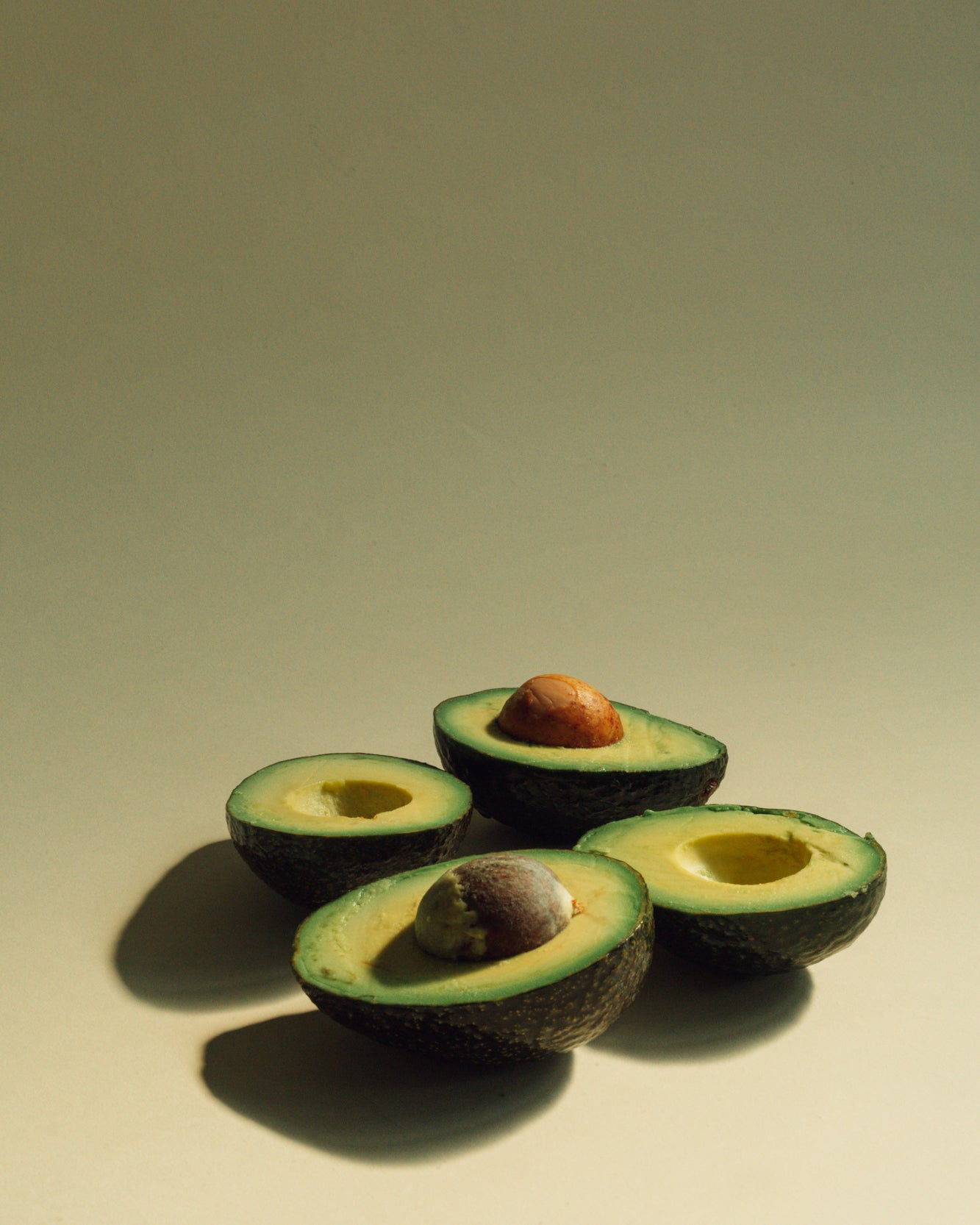Honest Sourcing
Honest Sourcing
Every day, you put about 126 ingredients on your body. That means, before you even head out the door in the morning, you’ve made 126 different choices about what gets up in your business. And speaking of business, even with so many great products out there, the cosmetic industry isn’t often known for their transparency. For instance:
More than 500 products sold in the U.S. since 2008 contain ingredients banned from cosmetics in Japan, Canada, or the European Union.
That didn't sound very honest to us, so we did something about it.

Regulate yourself. 🔎
How's this for a stat: One in 5 of all cosmetic products contain chemicals linked to cancer, 80% contain ingredients that commonly contain hazardous impurities, and 56% contain penetration enhancers that help deliver ingredients deeper into the skin. Taking a "People First" mentality meant not being a part of that problem. It meant looking into every formula that we've created and vetting every ingredient that lies within. If anything was even remotely questionable we scrapped it and found a replacement. For instance, many synthetic fragrances are known to contain ingredients that are harmful to humans. Low and behold the fragrances we were using in our formulas didn't list their ingredients on their containers. So, we contacted each fragrance vendor and asked for a list of the ingredients. They wouldn't tell us. Red flag alert! So what did we do? We swapped out the fragrances for essential oils. It costs more money but in the long run it's better for you, and if it's better for you- it's better for us!
Environmental Working Group 🍃
To vet our ingredients we've been using the criteria set forth by the Environmental Working Group (or EWG for short). Their strict criteria is based on global practices and advancements in relation to the safety of personal care product ingredients. While we are not yet certified by them we are in the process of applying.
The FDA 😱
The FDA is in a peculiar situation. They get a bad rap for not regulating the cosmetics industry as much as say Europe or Canada does. But people forget that the FDA is a federal agency and only has the power to regulate what they are allowed by Congress and Congress has not yet given them the power to do so. Who does Congress work for? Us. So if we want to see any lasting change in regulation toward a whole slew of toxic cosmetics it begins with us.
PCPSA ⚖️
There is currently a motion in Congress to do something about the lack of regulatory power the FDA has in this arena called the The Personal Care Products Safety Act (or PCPSA). The PCPSA, a bipartisan bill, was introduced by Sens. Dianne Feinstein (D-Calif.), Susan Collins (R-Maine) and Rep. Frank Pallone (D-N.J,) and would reform regulation of personal care products, requiring companies to ensure that their products are safe before marketing them and giving FDA the tools it needs to protect the public. You can read more about it here or read the actual bill here.
VCRP ⚗️



